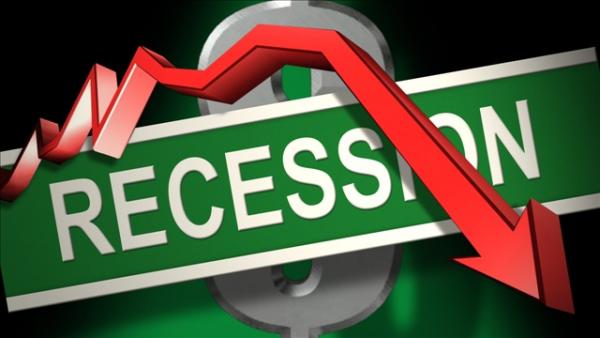[ad_1]

The International Monetary Fund, IMF, on Wednesday welcomed Nigeria’s exit from economic recession and lauded its strong recovery in foreign exchange reserves.
IMF said this in a report released on Wednesday in Washington DC by its Executive Board after the conclusion of Article IV Consultation with Nigeria.
The Executive Directors commended the progress in implementing the Economic Recovery and Growth Plan, including the convergence in foreign exchange windows, tight monetary policy and improvements in tax administration.
IMF, however, said that though, the Nigerian economy has exited recession, it still remained fragile and susceptible to shocks.
“The directors noted, however, that important challenges remain as growth in the non-oil, non-agricultural sector has not picked up.
“To address these vulnerabilities, they stressed that comprehensive and coherent policy actions remain urgent.
“The directors emphasised the need for a growth-friendly fiscal adjustment to reduce the ratio of interest payments to revenue, to a more sustainable level and prioritise social and infrastructure spending,” the report said.
According to IMF, in addition to ongoing efforts to improve tax administration, there is need for more ambitious tax policy measures, including reforming the value added tax, increasing excises and rationalising tax incentives.
“The implementation of an automatic fuel price setting mechanism, sound cash and debt management and improved transparency in the oil sector is imperative.
“There is need to also increase monitoring of the fiscal position of state and local governments and substantially scaled-up social safety nets,” he said.
The IMF commended the Central Bank’s tightening Monetary Policy in 2017, which they advised should continue until inflation is within the single digit target range.
According to the report, a number of the IMF Directors called for a higher monetary policy rate, a symmetric application of reserve requirements and no direct Central Bank financing of the economy.
“A few of the IMF Directors also advised the Federal Government to fast-track the confirmation of the appointments of the central bank’s board of directors and members of the monetary policy committee.
“The directors emphasised that structural reform implementation should continue to lay the foundation for a diversified private sector led economy.
“They noted that, building on recent improvements in the business environment, implementing the power sector recovery plan and investing in infrastructure will accelerate growth in the country.
“They also advised that the government should strengthen anti-corruption and transparency initiative, while implementing the financial inclusion and gender strategies,” it added.
[ad_2]
Source link
